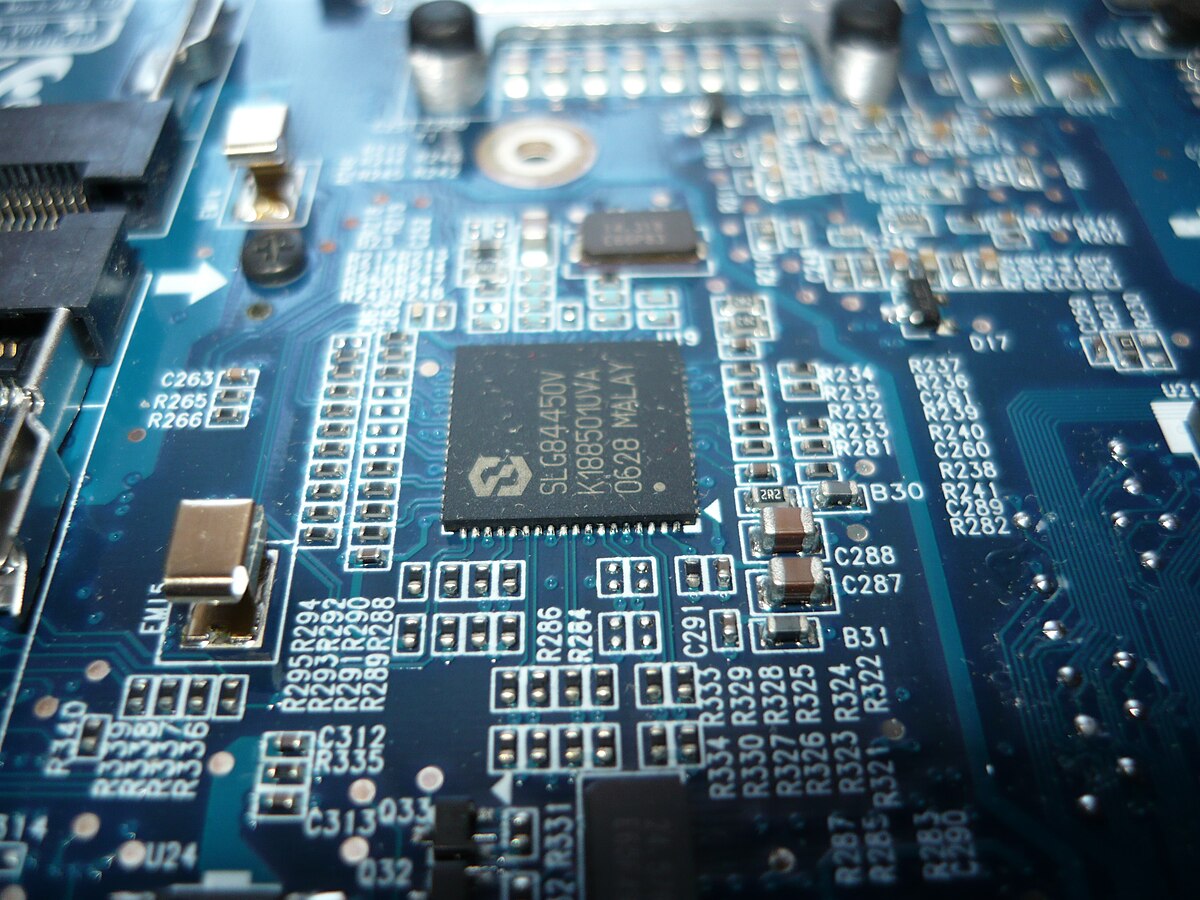
Decoding the Spectrum: Distinguishing Between Electronics, Instrumentation, Electrical, and Electronics Engineering
December 11, 2023In the realm of technology and engineering, the terms ‘electronics’, ‘instrumentation’, ‘electrical’, and ‘electronics engineering’ often overlap, leading to confusion. This article aims to dissect these terms, highlighting their differences and unique characteristics.
Electronics refers to the study and application of electrical components for various uses, such as in circuits, transistors, microprocessors, and integrated circuits. It primarily deals with the emission, behavior, and effects of electrons (hence the name ‘electronics’) and electronic devices. This field has a wide range of applications, from small microchips to large power station generators.
On the other hand, Instrumentation is a specialized branch of electrical and electronic engineering that focuses on the principle and operation of measuring instruments used in design and configuration of automated systems. These instruments facilitate the measurement and control of physical quantities such as temperature, pressure, and flow. Instrumentation engineering is crucial in industries where automated processes are necessary, such as chemical or manufacturing plants.
Electrical engineering is a broad field that encompasses systems involving electricity, electronics, and electromagnetism. This field is responsible for designing, developing, testing, and supervising the production of electrical and electronic equipment and machinery. An electrical engineer could work on a variety of technologies, ranging from global positioning systems to electric power generation and distribution.
Electronics engineering, a subset of electrical engineering, specifically focuses on applications of electronics to facilitate communication and solve engineering problems. The work of electronics engineers can be seen in a variety of devices, from a portable music player to global positioning systems (GPS).
While these fields are interrelated, the primary difference lies in their focus. Electronics is concerned with the design and application of circuitry and equipment using transistors, diodes, capacitors, and other components. In contrast, Instrumentation focuses on the design and operation of measuring instruments. Electrical engineering is a broad field that includes electronics but also encompasses other areas like power, control systems, and telecommunications. Electronics engineering, while a subset of electrical engineering, has a distinct focus on the application of electronics in product development and problem-solving.
Understanding these differences is crucial for students deciding on a career path, professionals seeking to specialize, and businesses looking to hire in these fields. Each field offers unique opportunities and challenges, and understanding the nuances can help in making informed decisions.
In conclusion, while electronics, instrumentation, electrical, and electronics engineering are all interrelated fields of study, each has its unique focus and application. By understanding these differences, one can appreciate the vast spectrum of opportunities in these exciting and ever-evolving fields of technology and engineering.